 Michael Gross
What is success?
In modern Western Civilization the common definition of success, and for some happiness, is achievement: doing well in school, being admitted to an elite university, and ultimately securing a high paying job. The Latin School of Chicago is a microcosm of this view. Western capitalist countries, such as the United States and the majority of Europe, are based on individual success. They are not heavily focused on the overall success of the community – something that is stressed in the foundation of communism. While following basic communist ideals should be a reasonable approach to a successful society, the communities that have attempted to emulate it as a political system have failed miserably. Arguably, one of the only functioning communist communities in the world is the Huorani tribe in the Ecuadorian rainforest of the Amazon. This tribe consists of approximately 1,500 people, divided into 24 different settlements. During Project Week, I had the opportunity to travel with 15 other students and two teachers into the depths of the Amazon rain forest and interact with the Huoranis. None of us really knew what to expect – we had learned about the Huoranis briefly in the weeks preceding the trip, but only superficially, discussing how they did not use technology and wore very little clothing. Instinctively, from this limited information, many of us formed preconceptions, initially perceiving them to be less advanced and perhaps less successful than members of our Western society.
When the two Huorani guides first arrived on the bus ride from Quito to the Amazon, a number of the students avoided any sort of eye contact or interaction with them, as we were nervous and uncomfortable associating with a very different group of people. It did not take long for the differences to be put aside as we started to interact with and follow the lead of our guides. We soon realized, however, that these two tribesmen were more westernized than the remainder of the tribe. When we arrived at the first settlement, late that night, the entire community welcomed us with a dance. To our surprise, the female dancers were half naked. Many of us initially viewed this as an un-civilized act and, focusing on our Western values, wondered how these people could be successful. However, our teachers, Mr. Carpenter and Mr. Mahoney, reminded us not to view this indigenous tribe through the lens of our Western Civilization, but rather look at them through a different perspective and respect how they have maintained their cultural identity. In response to this welcome dance and our teachers’ comments, sophomore Miles Baker said, “It was the first time I realized the uniqueness of the different cultures around the world.”
In the days following the dancing introduction, we spent time learning the Huorani’s unfamiliar culture: how they lived off their environment, getting their medicine from the leaves and trees in the forest and hunting for food and protecting themselves with hand-made blow guns and spears, all of which came from the surrounding rain forest. Every member of the tribe contributes to the overall growth of the community – no one is more important and no job is more important. This sense of equality prevents the problems that currency causes; with no currency and no social ranking, our Western views of success do not exist within the Huorani community.
Until the mid-Twentieth century most of the world did not know that the Huronai people existed; thus the tribe was left alone without any foreign interactions. This all changed in the 1950s, when Christian missionaries invaded the Huorani tribe, and introduced this community to the world. Later in the decade, when global demand for oil increased, the tribe was forced to cope with the encroachment of large oil companies, as the Amazonian territory where the Huorani tribe lives, is home to one of the biggest oil deposits in Ecuador. Despite the many disruptions from the outside world, this indigenous tribe has managed to maintain their land and strengthen their cultural identity – limiting the influence from other societies.
After spending almost a week in the Huorani territory – visiting 5 of the 24 Huorani communities – many of us came to realize how materialistic we are back at home, as compared to how resourceful the Huoranis are. In America, we are dependent on technology not only to be successful but also to be happy. Seeing the Huorani tribe so joyful and prosperous as a community without the materialistic distractions that money and technology brings, gave us a fresh and powerful perspective on the definition of success and how it relates to happiness.
On the bus ride back to the airport, we had a group discussion addressing how we would take what we learned from our experience with the Huorani tribe and apply it not only to Latin, but also to the Chicago community as a whole. In talking about how we should define happiness and success, senior Cam Arkin commented on the Huoranis’ happiness, saying, “It is amazing that they could be so happy all of the time with as little resources as they have and how they all play a significant role in helping the community.” We eventually came to realize that regardless of our individual achievement, one way that we can all achieve success and happiness is through being a meaningful contributor to our community – as evidenced by the communal strength of the Huorani tribe.]]>
Michael Gross
What is success?
In modern Western Civilization the common definition of success, and for some happiness, is achievement: doing well in school, being admitted to an elite university, and ultimately securing a high paying job. The Latin School of Chicago is a microcosm of this view. Western capitalist countries, such as the United States and the majority of Europe, are based on individual success. They are not heavily focused on the overall success of the community – something that is stressed in the foundation of communism. While following basic communist ideals should be a reasonable approach to a successful society, the communities that have attempted to emulate it as a political system have failed miserably. Arguably, one of the only functioning communist communities in the world is the Huorani tribe in the Ecuadorian rainforest of the Amazon. This tribe consists of approximately 1,500 people, divided into 24 different settlements. During Project Week, I had the opportunity to travel with 15 other students and two teachers into the depths of the Amazon rain forest and interact with the Huoranis. None of us really knew what to expect – we had learned about the Huoranis briefly in the weeks preceding the trip, but only superficially, discussing how they did not use technology and wore very little clothing. Instinctively, from this limited information, many of us formed preconceptions, initially perceiving them to be less advanced and perhaps less successful than members of our Western society.
When the two Huorani guides first arrived on the bus ride from Quito to the Amazon, a number of the students avoided any sort of eye contact or interaction with them, as we were nervous and uncomfortable associating with a very different group of people. It did not take long for the differences to be put aside as we started to interact with and follow the lead of our guides. We soon realized, however, that these two tribesmen were more westernized than the remainder of the tribe. When we arrived at the first settlement, late that night, the entire community welcomed us with a dance. To our surprise, the female dancers were half naked. Many of us initially viewed this as an un-civilized act and, focusing on our Western values, wondered how these people could be successful. However, our teachers, Mr. Carpenter and Mr. Mahoney, reminded us not to view this indigenous tribe through the lens of our Western Civilization, but rather look at them through a different perspective and respect how they have maintained their cultural identity. In response to this welcome dance and our teachers’ comments, sophomore Miles Baker said, “It was the first time I realized the uniqueness of the different cultures around the world.”
In the days following the dancing introduction, we spent time learning the Huorani’s unfamiliar culture: how they lived off their environment, getting their medicine from the leaves and trees in the forest and hunting for food and protecting themselves with hand-made blow guns and spears, all of which came from the surrounding rain forest. Every member of the tribe contributes to the overall growth of the community – no one is more important and no job is more important. This sense of equality prevents the problems that currency causes; with no currency and no social ranking, our Western views of success do not exist within the Huorani community.
Until the mid-Twentieth century most of the world did not know that the Huronai people existed; thus the tribe was left alone without any foreign interactions. This all changed in the 1950s, when Christian missionaries invaded the Huorani tribe, and introduced this community to the world. Later in the decade, when global demand for oil increased, the tribe was forced to cope with the encroachment of large oil companies, as the Amazonian territory where the Huorani tribe lives, is home to one of the biggest oil deposits in Ecuador. Despite the many disruptions from the outside world, this indigenous tribe has managed to maintain their land and strengthen their cultural identity – limiting the influence from other societies.
After spending almost a week in the Huorani territory – visiting 5 of the 24 Huorani communities – many of us came to realize how materialistic we are back at home, as compared to how resourceful the Huoranis are. In America, we are dependent on technology not only to be successful but also to be happy. Seeing the Huorani tribe so joyful and prosperous as a community without the materialistic distractions that money and technology brings, gave us a fresh and powerful perspective on the definition of success and how it relates to happiness.
On the bus ride back to the airport, we had a group discussion addressing how we would take what we learned from our experience with the Huorani tribe and apply it not only to Latin, but also to the Chicago community as a whole. In talking about how we should define happiness and success, senior Cam Arkin commented on the Huoranis’ happiness, saying, “It is amazing that they could be so happy all of the time with as little resources as they have and how they all play a significant role in helping the community.” We eventually came to realize that regardless of our individual achievement, one way that we can all achieve success and happiness is through being a meaningful contributor to our community – as evidenced by the communal strength of the Huorani tribe.]]>
Categories:
Success In a New Light: The Huoranis of Ecuador
March 31, 2013
1
0
More to Discover

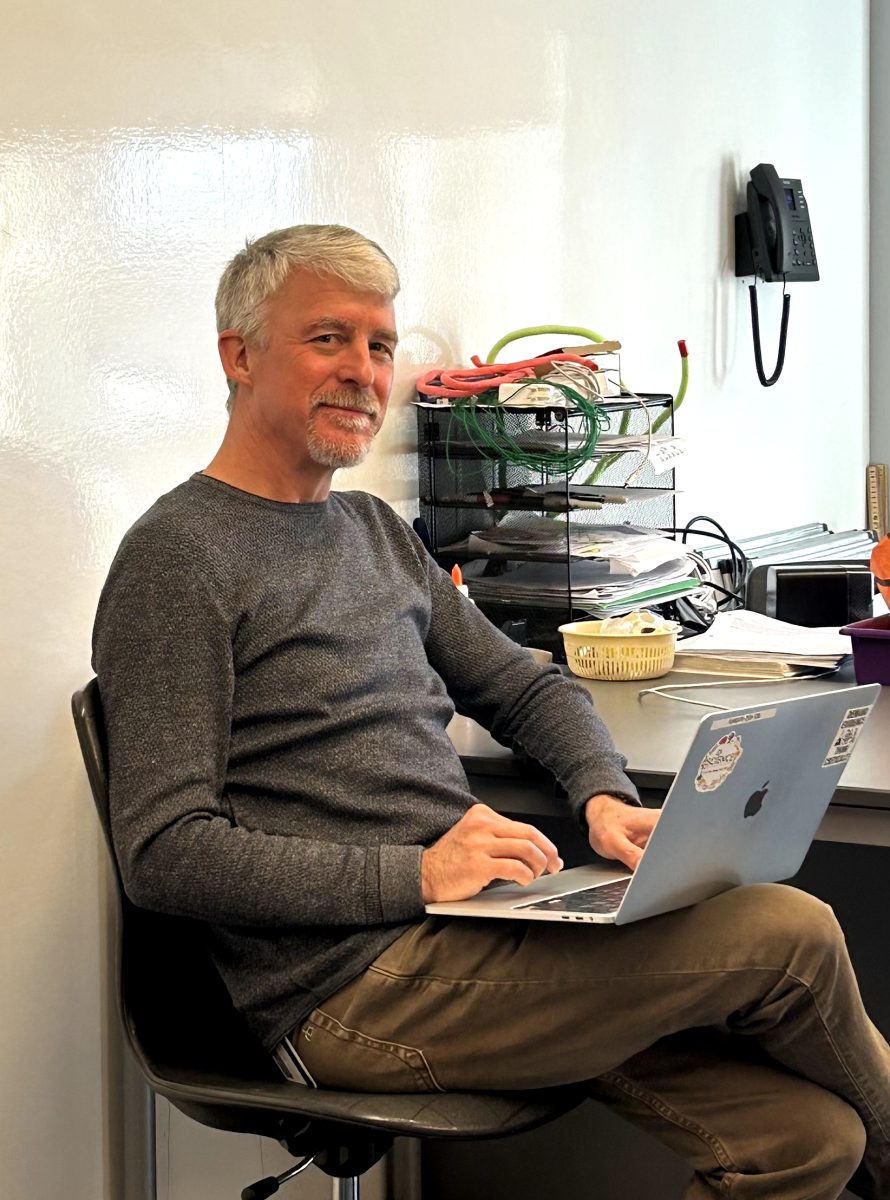
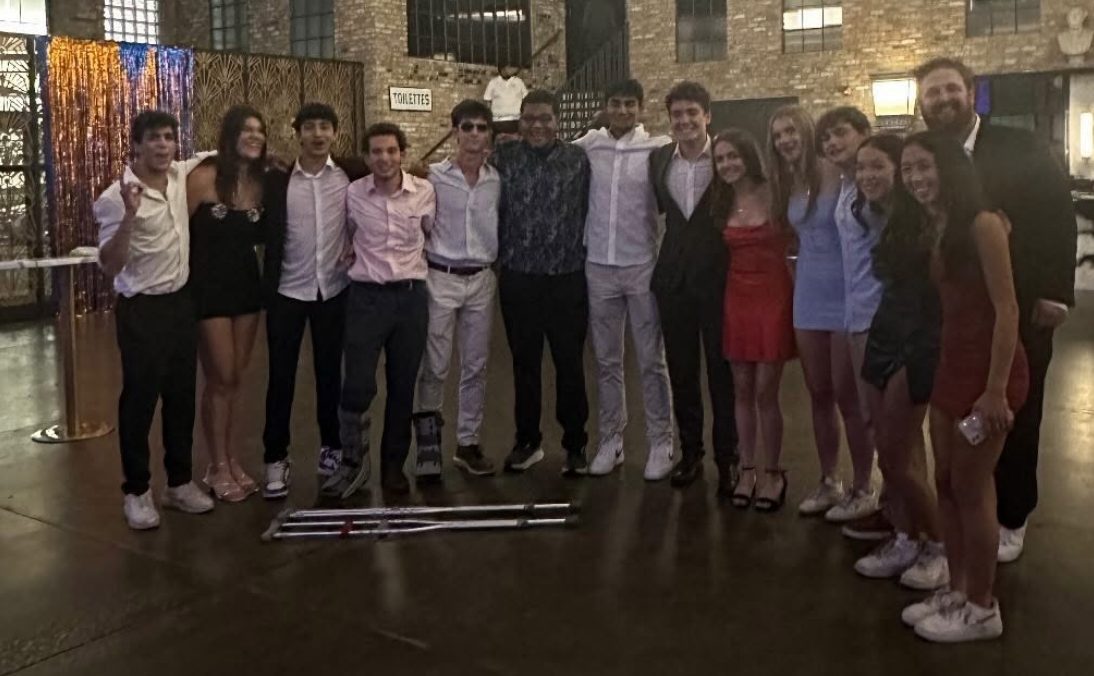

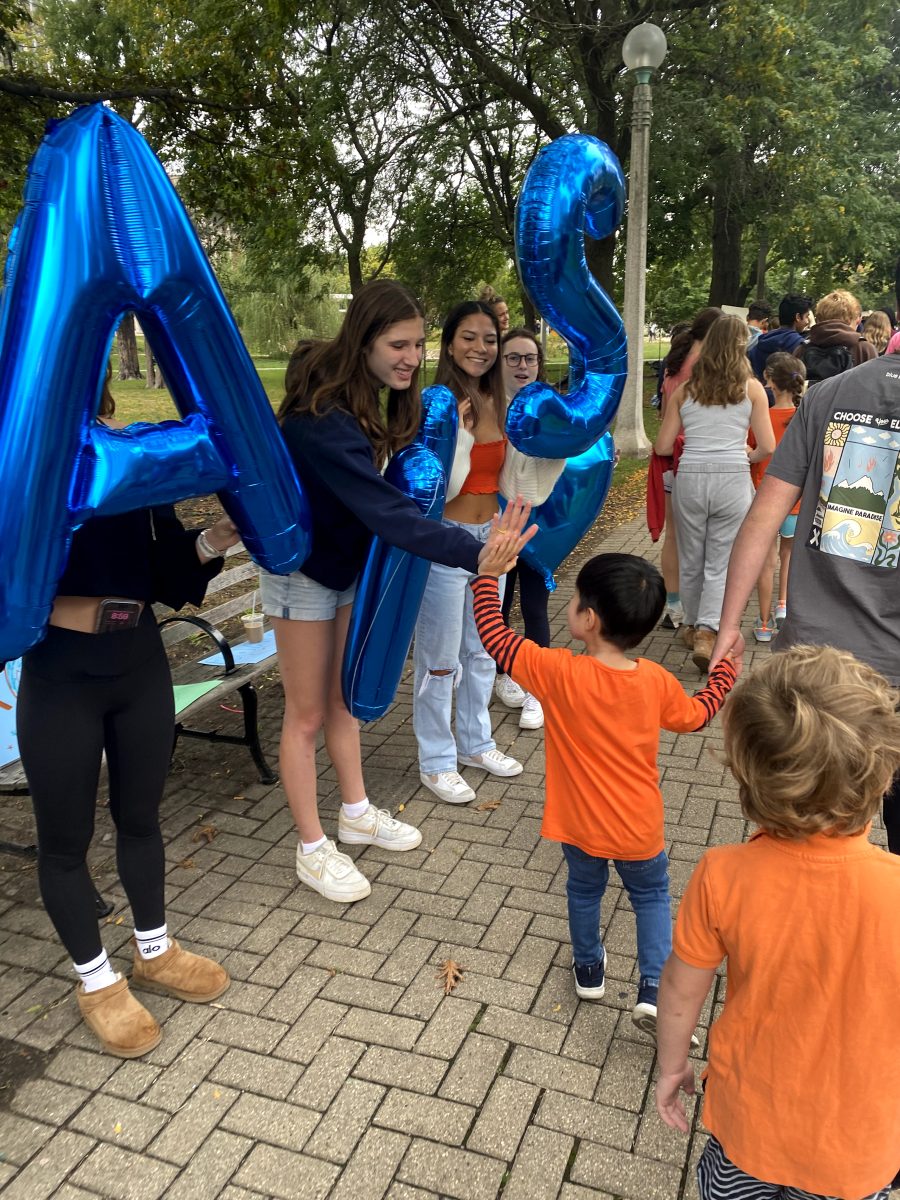
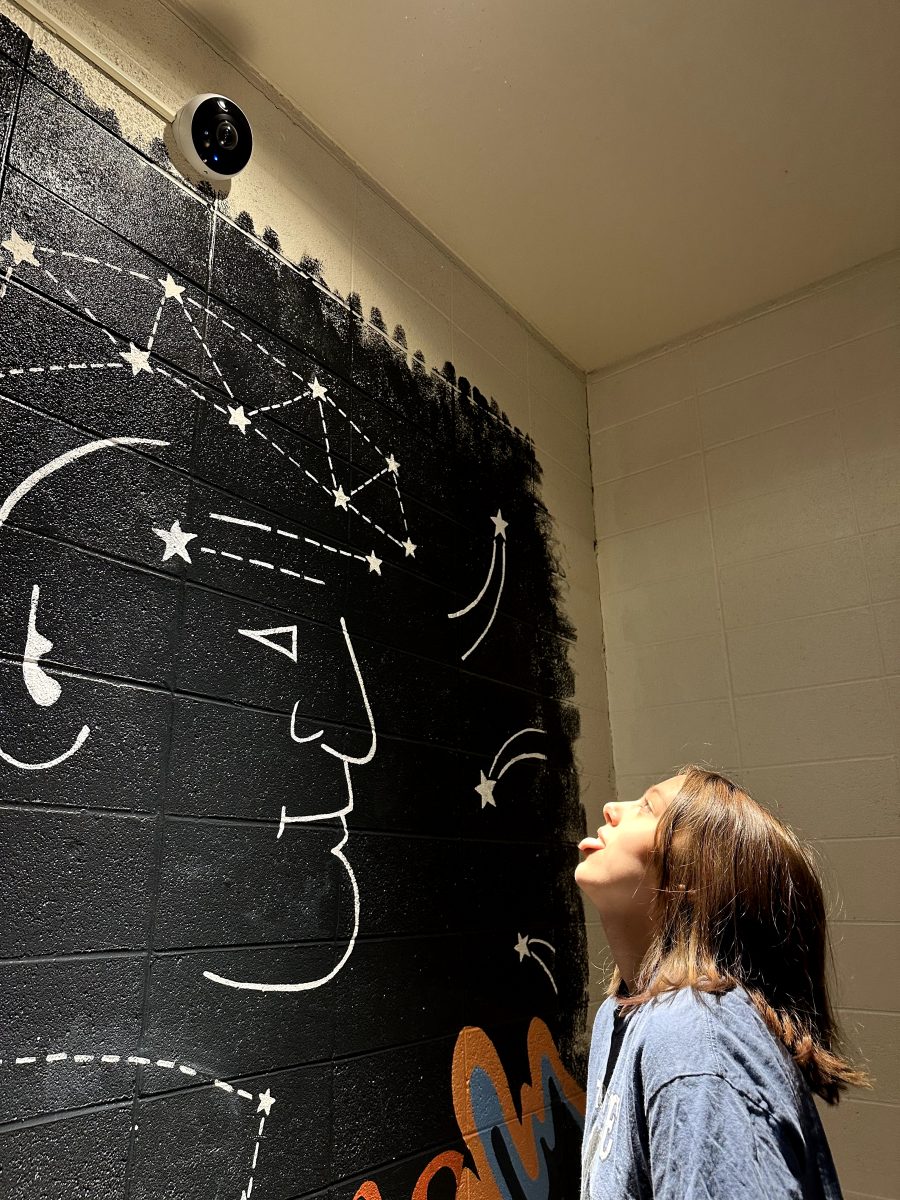















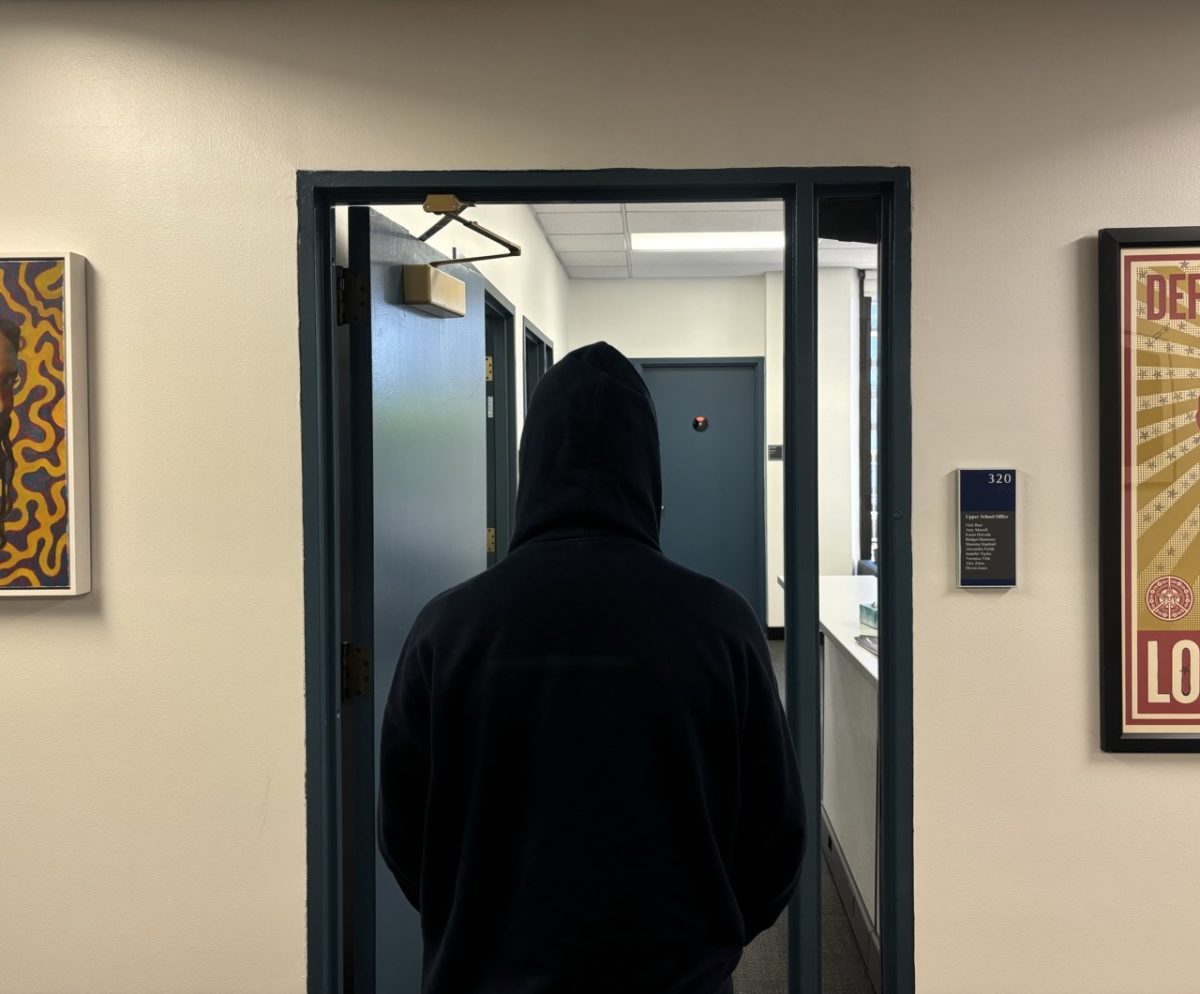
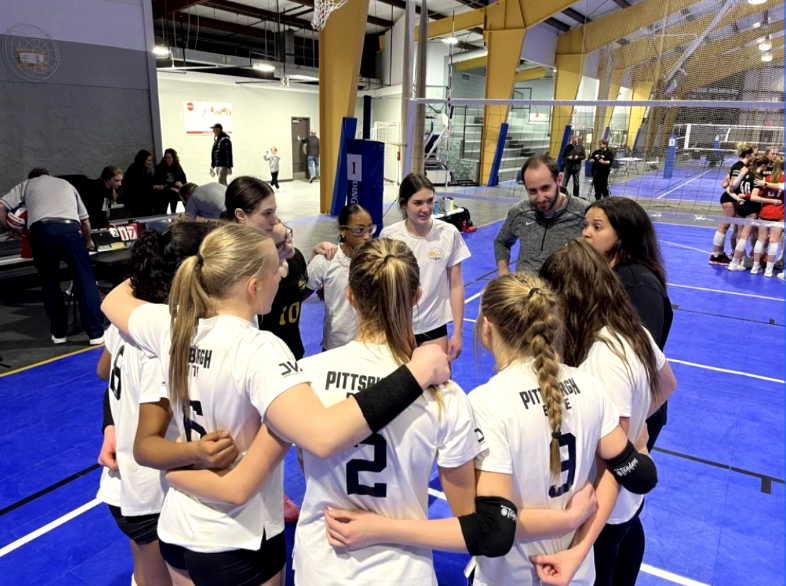

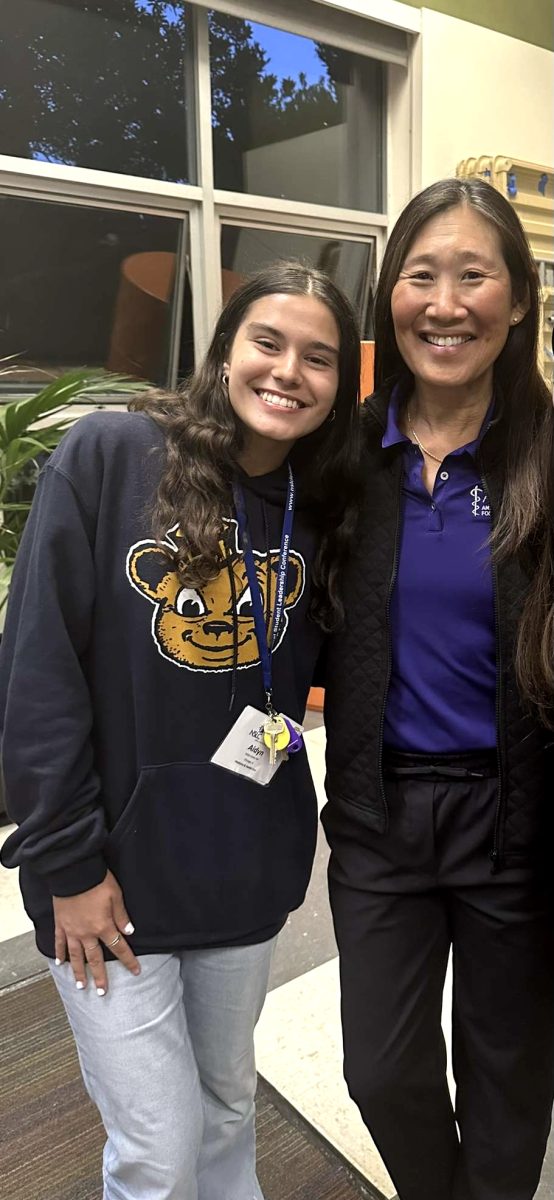



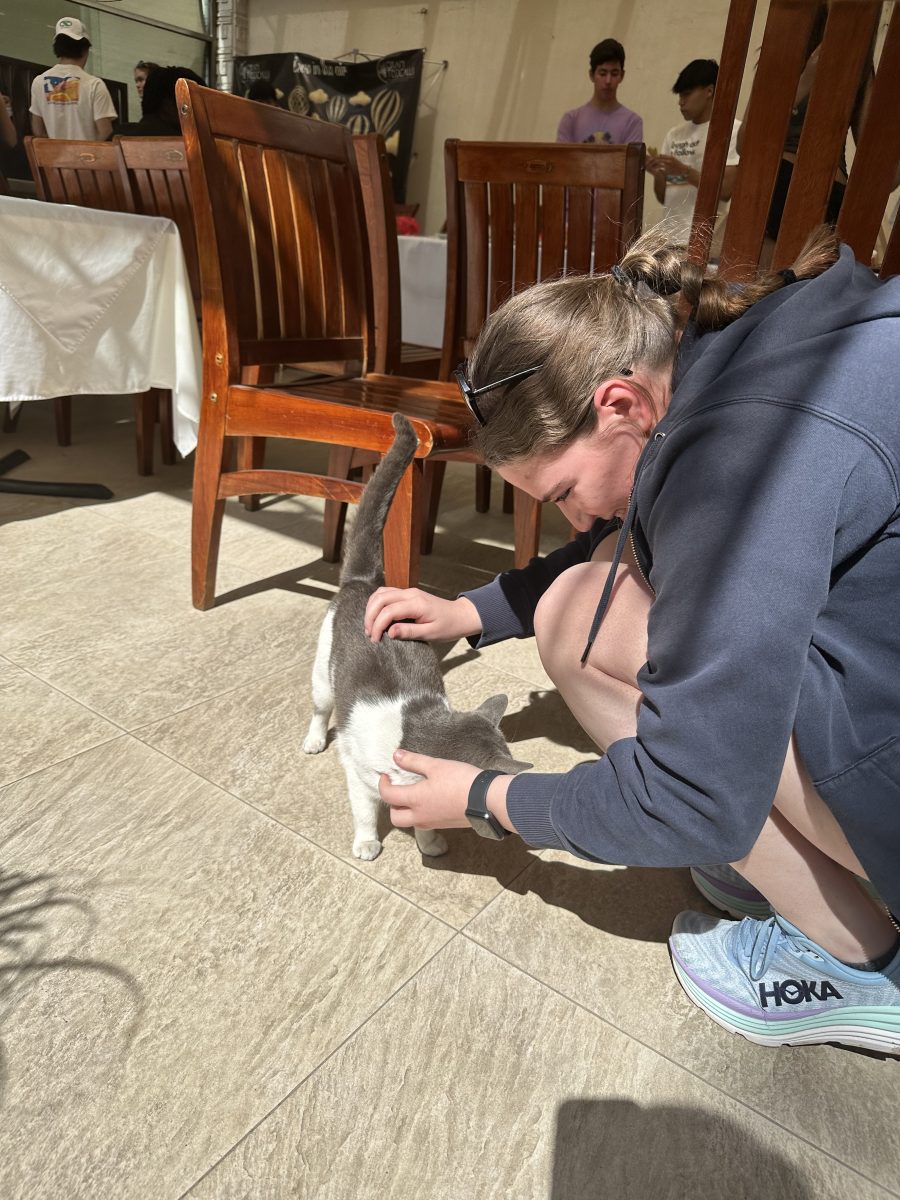






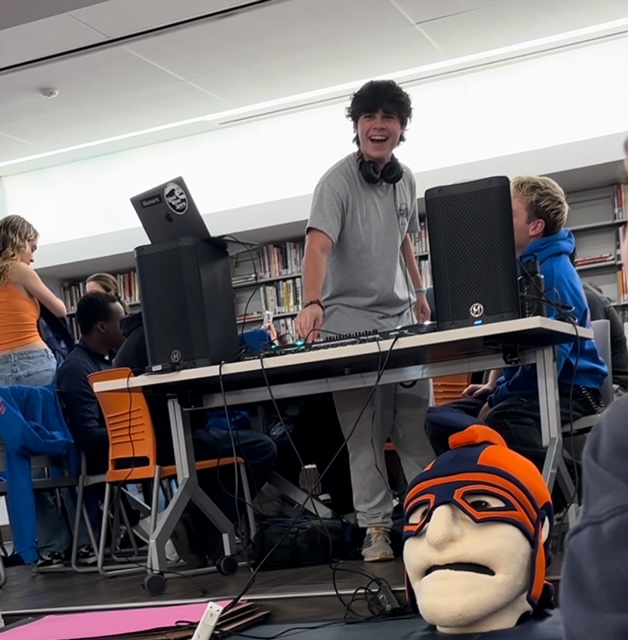
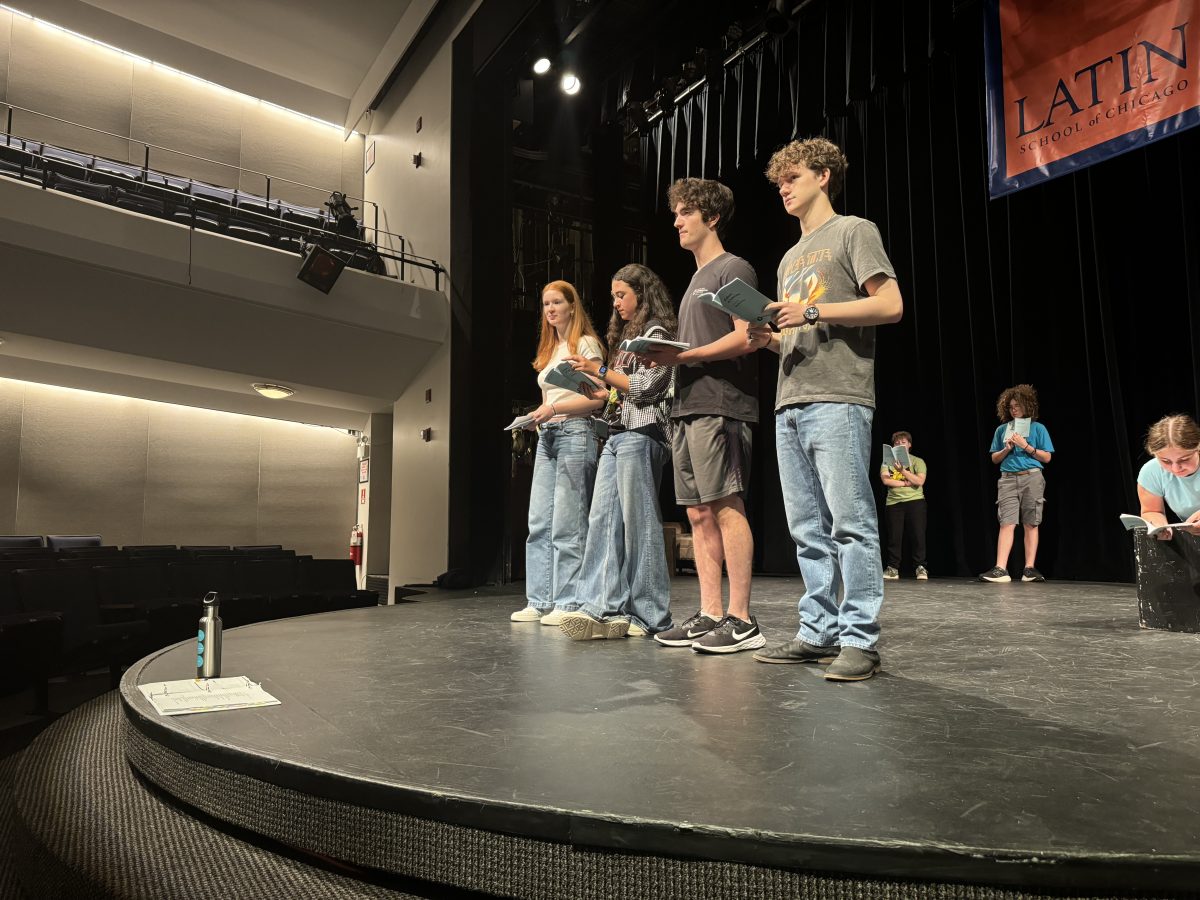




rcarpenter • Apr 3, 2013 at 8:58 pm
Excellent article Michael, thank you for telling our story so accurately and honestly. This was truly a unique experience. I hope that you and all the members of our PWeek can continue to be advocates for equitable relationships and communal responsibilities.
We can learn a lot from the Huorani people. For those interested in learning more, one of our guides and leader of the Huorani people, Moi Enomenga, can be read about here: http://www.nationalgeographic.com/explorers/bios/moi-enomenga/ He will be meeting with President Obama this May to further the the process of protecting the lands of indigenous people around the world. Let’s keep him in our thoughts.
What an amazing group! Thanks again Michael.
Ecuador!